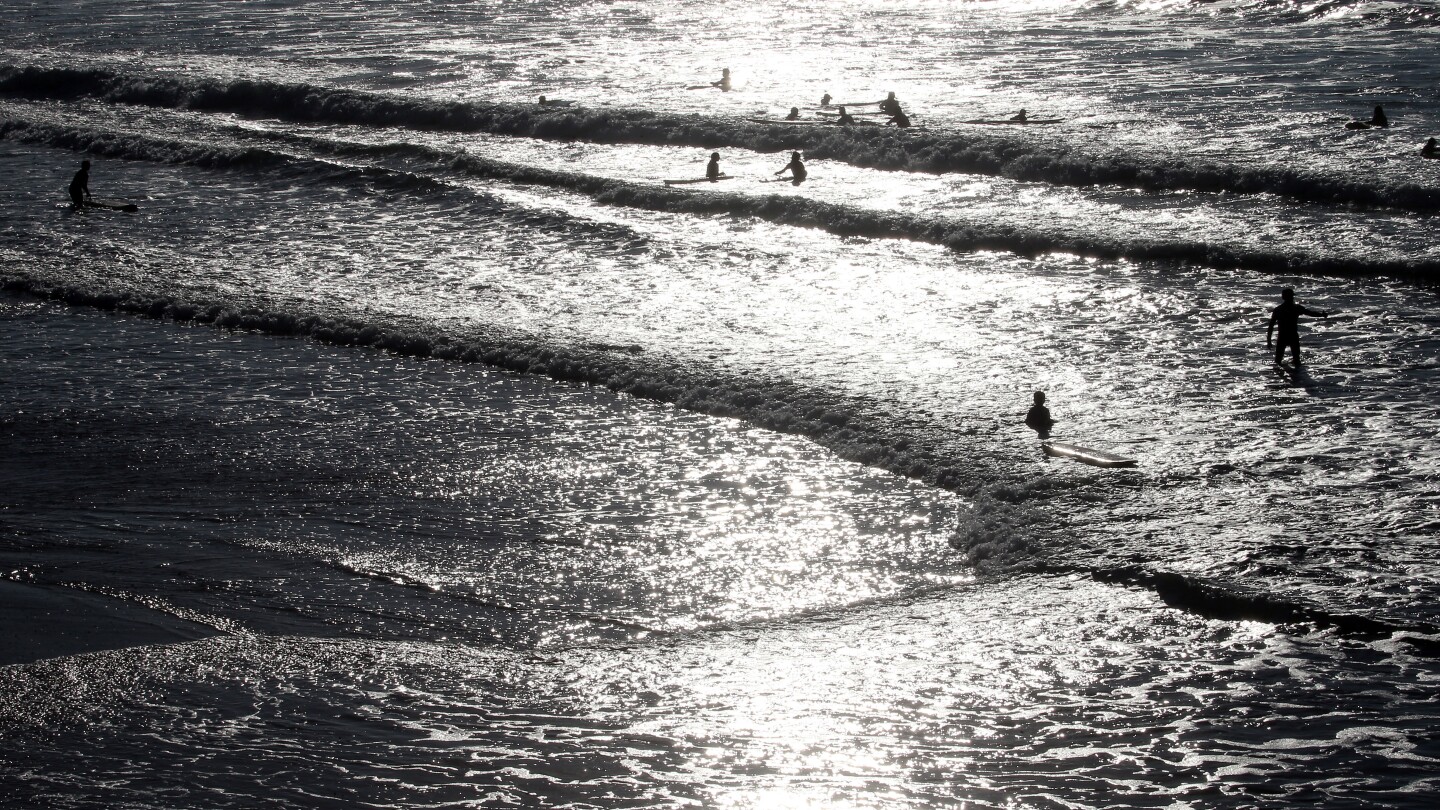An abrupt shutdown of Atlantic Ocean currents that could put large parts of Europe in a deep freeze is looking a bit more likely and closer than before as a new complex computer simulation finds a “cliff-like” tipping point looming in the future.
A long-worried nightmare scenario, triggered by Greenland’s ice sheet melting from global warming, still is at least decades away if not longer, but maybe not the centuries that it once seemed, a new study in Friday’s Science Advances finds. The study, the first to use complex simulations and include multiple factors, uses a key measurement to track the strength of vital overall ocean circulation, which is slowing.
A collapse of the current — called the Atlantic Meridional Overturning Circulation or AMOC — would change weather worldwide because it means a shutdown of one of key the climate and ocean forces of the planet. It would plunge northwestern European temperatures by 9 to 27 degrees (5 to 15 degrees Celsius) over the decades, extend Arctic ice much farther south, turn up the heat even more in the Southern Hemisphere, change global rainfall patterns and disrupt the Amazon, the study said. Other scientists said it would be a catastrophe that could cause worldwide food and water shortages.
“We are moving closer (to the collapse), but we we’re not sure how much closer,” said study lead author Rene van Westen, a climate scientist and oceanographer at Utrecht University in the Netherlands. “We are heading towards a tipping point.”



Correct me if I’m wrong, the way I read it this looks like
So, calling that chaos is quite spot on, because extremes are going to get more extreme and also we don’t quite know what will happen after the change